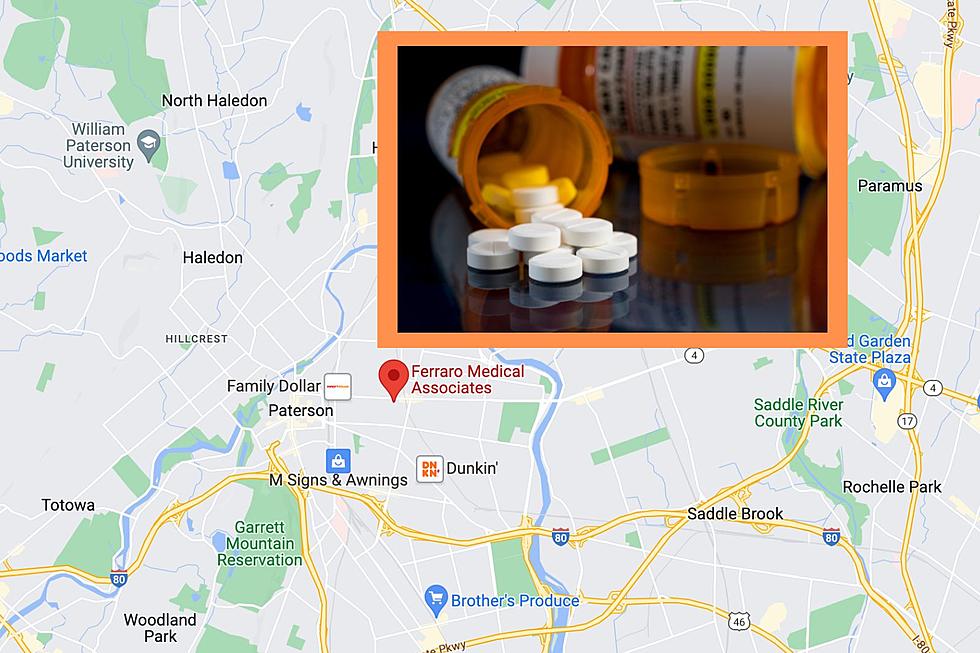
Opioid deaths rose more slowly in New Jersey in June
Opioid-related deaths have risen year-over-year for eight straight months in New Jersey – but the 4% increase in June was the smallest in that stretch, with the 256 deaths recorded actually below the state’s 2018 level.
It’s a first sign that changes made to address the pandemic could be having their intended effect.
Assistant Human Services Commissioner Valerie Mielke of the state Division of Mental Health and Addiction Services said, in a New Jersey Reentry Corporation forum, said all opioid treatment programs in New Jersey have remained open during the pandemic and new approaches have been implemented.
For instance, free naloxone is now being provided to anyone in an opioid treatment program.
“We knew that with the anxiety and the hopelessness that people may experience from the pandemic that it may challenge their recovery,” Mielke said.
Also, patients are now being allowed to take more medicine home, up to a 28-day supply.
“It meant that there were less people waiting on lines, congregating together for their methadone. It meant that they didn’t have to take mass transit to get to the medicine,” Mielke said.
Perhaps most importantly, use of telehealth has expanded significantly due to a change in federal reimbursement rules.
Connie Greene, vice president of the Institute for Prevention and Recovery at RWJBarnabas Health, said that by late March and early April, far fewer people with overdoses were coming into the emergency department. EMS services and patients were both reluctant to go to hospitals, she said.
But around that time, the federal government agreed to cover telemedicine visits by phone – and the number of people RWJBarnabas were seeing for addiction help increased significantly. She says pre-COVID, its recovery programs were seeing 15 to 20 people a week.
“We switched to virtual and we are now seeing about 700 people a week in virtual support groups who are hanging on, many of them, and the recovery supports is what’s keeping them involved in the recovery process.,” Greene said.
“COVID demonstrated for us that we could reduce some of these barriers and have great outcomes,” said Dr. Kaitlan Baston, medical director of addiction medicine for Cooper University Health Care. “That ability to close gaps in care, that ability to get on a phone call with somebody and immediately get them lifesaving treatment.”
Between March and June, the first four months of the pandemic, opioid-related deaths in New Jersey are still 15% higher than the same period a year earlier. But that increase had been 20% before June data was finalized.
Debra Wentz, president and chief executive officer of the New Jersey Association of Mental Health and Addiction Agencies, said the isolation of the pandemic exacerbated the condition of people with addiction.
“And then on top of it they got a stimulus check, so they – what did they do, I mean, they were at home and bored and so they spent that,” Wentz said.

One month doesn’t make a trend, but the increases had been 15% to 25% between March and May. Still, significant concerns remain about the drug crisis that predated the health crisis, as unemployment remains high and extra federal benefits expire.
“Honestly, the worst is yet to come,” said Dr. Erin Zerbo of Rutgers New Jersey Medical School. “I’ve heard that 30% of people in July were unable to pay their rent or their mortgage. So we’re in for an enormous kind of further disruption than we’ve already had.”
Michael Symons is State House bureau chief for New Jersey 101.5. Contact him at michael.symons@townsquaremedia.com.
More from New Jersey 101.5:
NJ reports no new COVID-19 deaths for first time
More From New Jersey 101.5 FM









